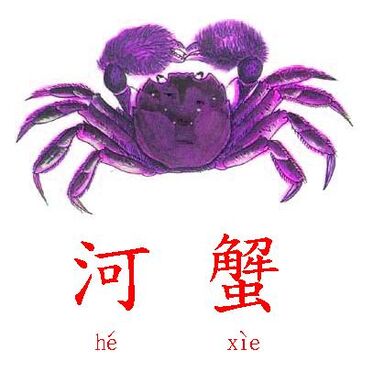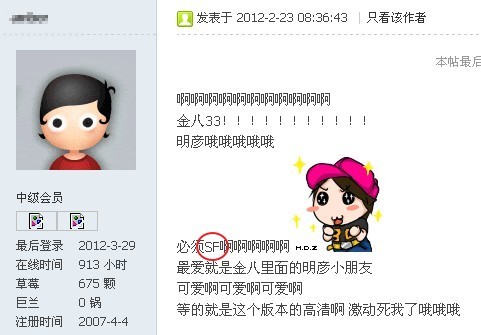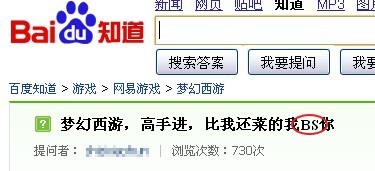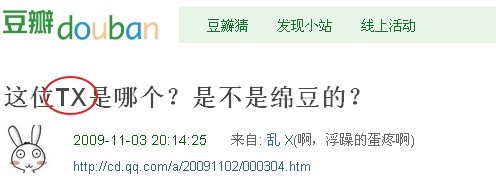What are
Emoticons?
Emoticons, or ASCII Emoticons, are pictorial
representation of a facial expression composed by punctuation marks and
letters, usually written to express a person's mood. They are commonly used in
chat rooms, forums, instant messagers, emails, cell phones SMS text messages
and online games. Recently, the ideographic emoticons have been invented and are
used to describe various ideas. See more in the EXAMPLES.
The word emoticon is a portmanteau word (combination word) of the English
words – emotion and icon. It is sometimes called emoji, a romanlized Japanese name combining meaning of e “picture”
and moji “letter”.
Who invented
emoticons?
There are various claims about
the inventors of emoticons/ smiley faces, but Scott Fahlman should be known as the most reputable one in the
inventors list. It was the first recorded use of Western Smileys on the usenet.
By the early 80s, Fahlman and the
users of the online bullets boards at Carnegie Mellon thought some “joke
markers” should be made for the online text-based communication. Since there
were numerous posts which were humorous, but if someone made a
sarcastic remark, other readers might fail to get the jokes. For this reason,
Fahlman thought of the character sequence :-) and :-( . With the impact of the
computer networking technology, a huge amount of emoticons were generated. Moreover,
as mentioned by Fahlman himself, it is possible that some other people had
thought about the idea of creating emoticons at that time or even earlier – it
is simple and obvious idea, after all.
Beside the western style, users
from Japan also invented a series of emoticons without tilting one’s head. An anonymous
nuclear scientist was suggested to innovate in the breakthrough of emoticons in
Japan by creating (~_~) in May 1985.
Reference:
Some
EXAMPLES of emoticon/ smiley faces:
1. Western styles:
Western emoticons are typically
written from left to right. Here are few of the most popular ones.
1. Smile
: – ) or
:-] or :3
or :> stands for happiness.
2. Grin
: – D expresses great happiness or a victory.
3. Frown
: – ( or
:-c represents sadness or disappointment. The latter can also mean great
sadness.
4. Wink
; – ) or
,-) or *-) indicates a joke or double entendre in
what was said.
5. Tongue
: – P or :
– p or :-b is an emoticon to tease, often used as a
joke.
6. Open mouth
:-O or :
– () stands for surprise or shock.
7. Distorted mouth
: – / means skepticism, being
annoyed or uneasy.
2. Japanese styles:
(^.^) – laughing
(;.;) – crying
(-.-) – sleeping, shocked
(_ _) – apologising, lowering
one’s head
; – sweat mark, eg (^.^;)
* – red-faced, eg *^.^*
(^O^) – Master Koala smiling
(-O-) – Master Koala sleeping
(*O*) – Master Koala shocked
(@O@) – Master Koala looking
sideways
(=O=) – Master Koala squinting
through narrowed eyes
(>O<) - Master Koala
surprised
(dOb) - Master Koala neutral
3. Ideographic style:
In Chinese computering community,
several “network oracle bone scripts” have been originated. They actually exist
in the Oracle Bone script. However, with the imagination of network users, they
provide the new meaning for those words. The most representative among all are
囧 (Mandarin:jiǒng) and 槑(Mandarin: mei).
囧 – Formerly, it means “bright”. Now it means a frowning face.
崮 - King of 囧
莔 – Queen of 囧
商 - 囧 with hat
卣 – Japanese cartoon Bomberman
Hong Kong actress Myolie Wu Hang-yee was named "Wu Jiong Jiong" after her exaggerated performance in a TV drama with her Jiong-like facial expression.
Another
example of this style is the Chinese character 槑. It was an ancient Chinese character originated in Shannxi dialect
meaning plum blossom. However, with the components of combining two呆 (dull), the
Internet users have give a different definition to this word – extremely dull.

















